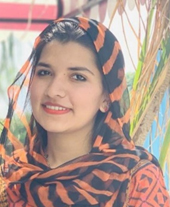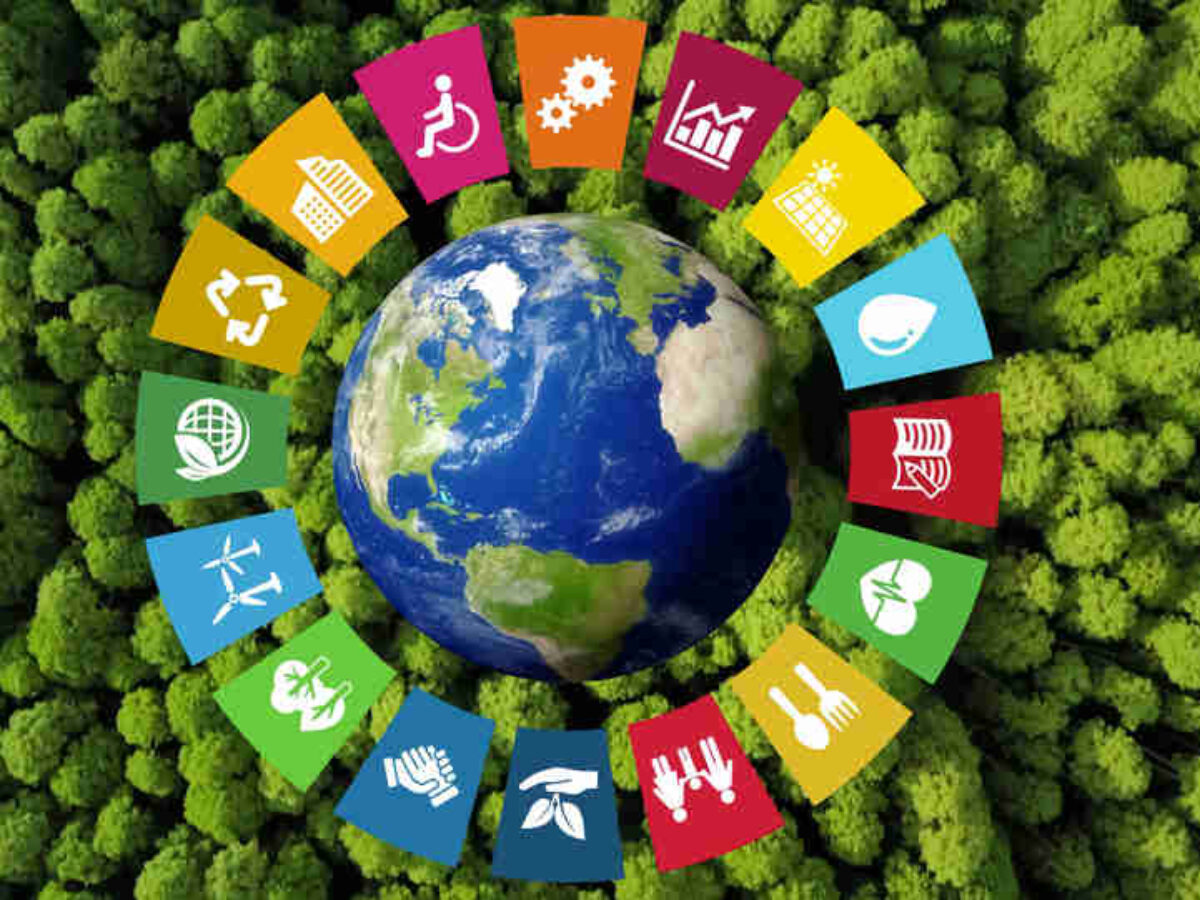Introduction
In order to address the development issues that middle-income countries (MICs) face in the contemporary global economy, Morocco’s Ministry of Foreign Affairs hosted a high-level ministerial conference on Middle Income Countries (MICs) on 5-6 February, 2024. The conference’s theme was “Addressing Development Challenges in Middle-Income Countries in a Changing World.” The meeting in collaboration with the United Nations Development Program (UNDP) and the United Nations Economic Commission for Africa was attended by 32 countries, 23 UN development agencies, and other international and regional institutions. The MICs still face a number of challenges, such as high rates of poverty, various forms of inequality and obstacles in attaining sustainable development. Therefore, the goal of this high-level ministerial conference was to come up with actionable solutions and innovative approaches to enhance cooperation among the countries.
Importance of Middle-Income Countries
The World Bank defines middle-income countries as economies with gross national incomes (GNI) per capita ranging from $1,136 to $13,845. MICs are comprised of both upper- and lower-middle-income nations. The MICs account for around one-third of the world’s GDP and play important role in global growth. Moreover, the world’s middle-income countries contain 75% of the total population and 62% of poor people, making them a diversified group in terms of size, population, and income level. For that matter, it is crucial to accelerate the efforts for SDGSs in order to achieve sustainable development and to tackle the inequalities by 2030. For the world economy to continue growing and being stable, MICs are essential. Sustainable growth and development in MICs particularly in areas like international trade, sustainable energy development, food and water security, poverty reduction, and global cross-border concerns like climate change will have a positive global influence. At the “Addressing Development Challenges in Middle-Income Countries in a Changing World” coference, the MICS have reaffirmed their commitment to promoting collective interests and providing realistic, inventive, and effective solutions to the challenges faced by Middle-Income Countries in attaining sustainable development.

Economic Growth: MICs represent a significant portion of the global population and its economic influence is also growing. As they achieve sustainable development, their economies will become more stable and contribute to global economic growth. This translates to increased trade i.e. rise in demand of goods and services, stronger partnerships and a diversified global market. This will benefit people at large scale by opening up new options for both developing and developed countries.
Social Progress and Stability: Focusing on sustainable development will result in more empowered and healthier communities, which will contribute to the overall stability. By formulating and implementing strong social policies for healthcare and education, and improving economic possibilities within MICs will lead to social change and a cross-border ripple effect. Furthermore, a more just and inclusive society will emerge from addressing poverty and inequality in MICs, leading to positive global trends.
Climate Resilience: Many MICs are rich in natural resources and biodiversity but they necessitate responsible management. It is important that MICs adopt sustainable practices and build a strong foundation to withstand the challenges of climate change in order to ensure a sustainable and prosperous future. In addition to safeguarding their own populations and economies, MICs by prioritizing climate resilience will also support international efforts to mitigate climate change.
Conclusion
The MICS has urged development partners, international financial institutions, Multilateral Development Banks, and stakeholders to improve the fiscal space of developing and middle-income countries. As a result, these countries will be able to secure concessional and non-concessional finance in an efficient manner. The Middle-income countries contribute significantly to global GDP and other trends, but they also face considerable problems. Current frameworks and tools are inadequate for meeting the needs of the people of these countries. Therefore, coherent and consistent policies at both the national and international levels are critical, that also align with the unique demands specifically in areas like human development and climate change, to effectively handle the effects of existing crises and ensure long-term sustainability in Middle-income countries. By working together, MICs can accelerate progress towards sustainable development through knowledge sharing platforms, cooperative initiatives on common challenges, capacity building programs, and data-driven policy making.

Research Associate, Pakistan House



